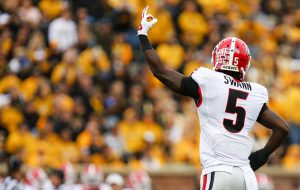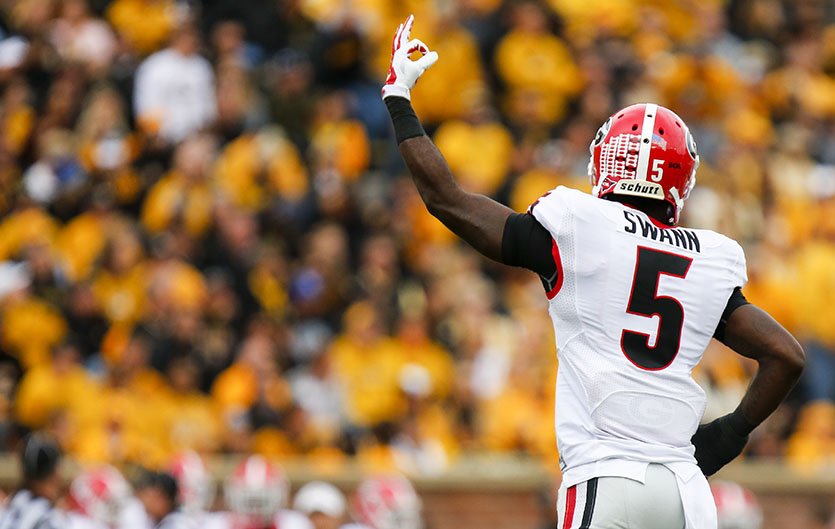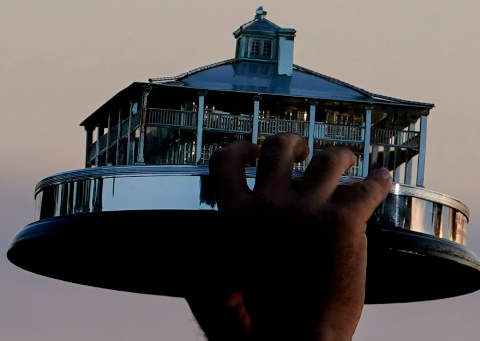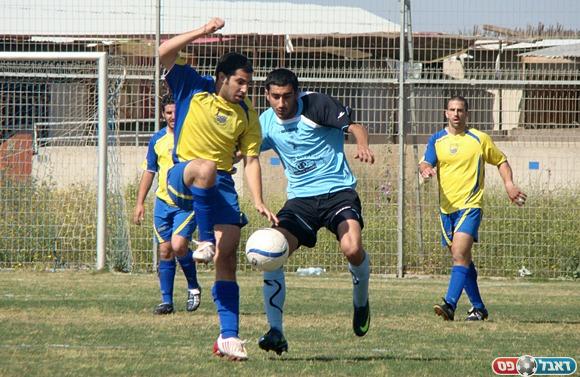
Two words…Two simple words that express the sentiments of the entire Bulldog Nation: Free Gurley.
When the NCAA announced Wednesday morning that Todd Gurley must sit out an additional two games, most Georgia fans were filled with shock and anger. The shock comes after all signs, pointed toward Gurly being reinstated this week: Mark Richt and Gurley’s lawyer made optimistic comments about Gurley’s status against Florida last week, and NCAA President Mark Emmert also stated the athletic department’s actions have been “commendable.”
The anger, however, stems from the utter hypocrisy of the NCAA. In its report, the NCAA, headquartered in Indianapolis, said it chose to suspend Gurley for a total of four games after he received more than $3,000 in exchange for autographs over two years. Although the university is appealing the suspension, a different outcome is unlikely. Todd Gurley knowingly broke NCAA rules, and he is rightfully being suspended.
However, the NCAA has lost all credibility when it comes to actually enforcing these rules in a fair manner. Last year, Johnny Manziel was suspended after being caught on video autographing a large amount of items, but there was never evidence of him receiving money, so it was just a half-game suspension. Heisman winner and Florida State quarterback Jameis Winston, like Gurley, has a suspiciously large number of similarly-looking authenticated items for sale, possibly pointing toward payment from autograph dealers. Winston, who also didn’t miss any time as quarterback after shoplifting crab legs (although he was suspended during his baseball season), has continued to play for Florida State, as their investigation hasn’t shown enough evidence.
At its core, the NCAA’s investigations into rule infractions reward lying. The NCAA, unlike a police investigation, does not have subpoena power and does not have access into players’ or coaches’ bank accounts without their permission. Without cooperation, the NCAA can do little find the real truth. Last year, of all 1,198 secondary infractions committed by universities, only 51 were discovered through NCAA inquiries. Todd Gurley’s investigation began when Bryan Allen, an autograph dealer, essentially snitched to the media. Without Allen, would the NCAA ever had found out? Probably not.
The system is broken when an investigative body needs to rely on outside cooperation to find the truth because it incentivizes players, coaches, and administrations to cover up the truth with lies. Sure, the NCAA is consistent with its punishments when the evidence shows players have committed similar infractions, but its investigative body is handcuffed by its lack of subpoena power; it can’t accurately determine what infractions have been broken most of the time.
The NCAA is the teacher in the classroom who punishes the goody-two-shoes student when he voluntarily admits to doing something wrong, but doesn’t punish the actual troublemakers who lie and deny everything.
If the NCAA wants to be taken seriously, they have to do a better job of getting to the bottom of the issues at hand. When millions of dollars are on the line for an eligible star athlete, there will always be players and administrations who try to cover up wrongdoing. The goal of the NCAA should be to punish those liars, not just the ones who are cooperative when under investigation. That hypocrisy is more obvious this week than ever before.
The other issue in this case is whether the NCAA should have punished Gurley in the first place. The answer is yes. Whether or not they are fair, rules are rules. However, in context, a four-game suspension is excessive. If $3,000 seems like a lot of money, keep in mind it’s less than the $5,000 FBS football and Division I basketball players are now legally entitled to (pending appeal). If Todd Gurley had been born a few years later, he would be collecting $20,000 by the time he leaves the University of Georgia (if he stays all four years).
Claudia Wilken, the judge who made that ruling, clearly stated the NCAA is acting as a monopoly and unreasonably restricts trade. As made crystal clear by this Gurley ruling, any player who profits off his or her own name or likeness puts their eligibility on the line. A better solution than a simple $5,000 payment across the board would be to allow players to sign items that are sold on official NCAA and university websites. All profits from the autographs would go to the players, and by keeping the sale restricted to official websites, you could set prices at a fair market value and prevent boosters from paying thousands of dollars for a single autograph.
The NCAA is desperately holding on to the notion that major college sports are played by amateurs. Apparently, it doesn’t matter that these amateurs have created a billion-dollar industry with their football and basketball skills; they can’t profit like the NCAA has. Wilken’s judgment allowing players to be paid and the large public support Gurley has garnered, even outside Georgia, are bad omens for the future of amateur status.
Over the next decade, expect to see changes surrounding these issues. There is too much money at stake for the top football and basketball players to just let the NCAA rake in that cash. The ruling earlier this year got the ball rolling toward striking down the black and white definitions of amateur and professional and replacing it with a hybrid interpretation — and that definition will only further slide into shades of gray.


